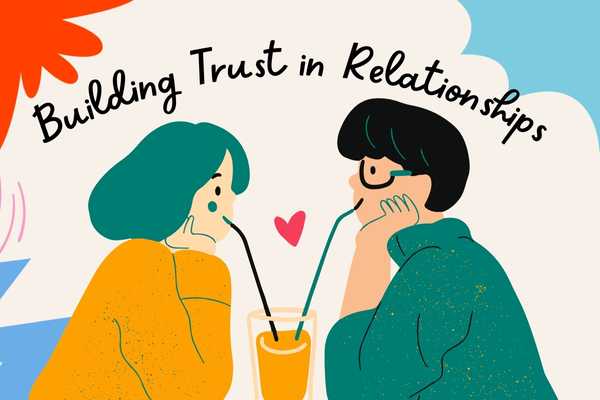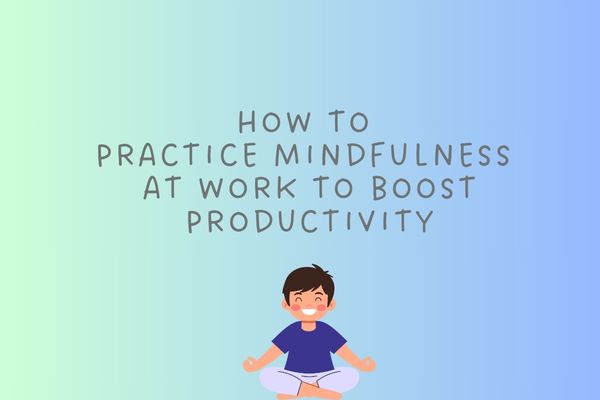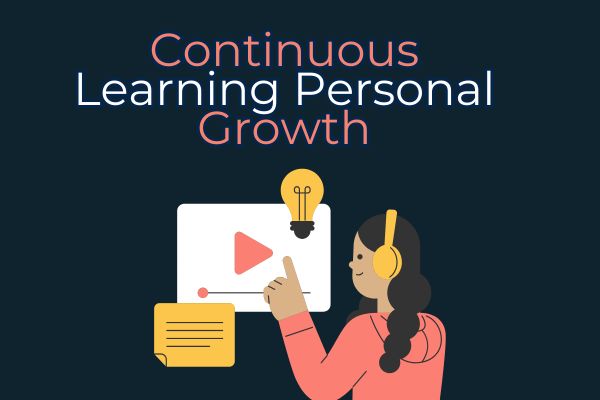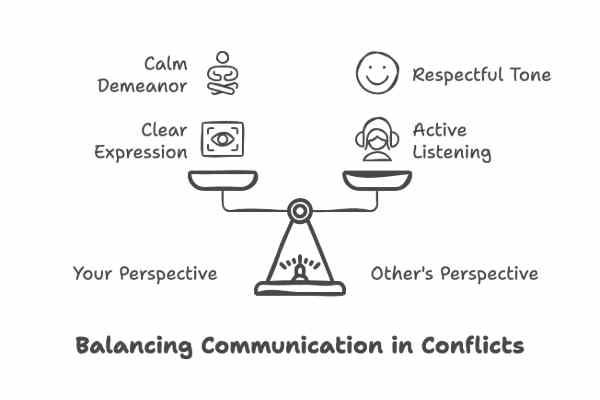Trust is the foundation of every meaningful relationship, whether it’s with family, friends, partners, or colleagues. Without trust, relationships crumble, misunderstandings arise, and intimacy and connection remain unattainable. Building trust is not instantaneous; it’s a process that takes time, effort, consistency, and open communication. The beauty of trust lies in its ability to deepen bonds, foster vulnerability, and promote growth within the relationship.
In this article, we will explore the key elements of building trust in any relationship, highlighting the importance of honesty, reliability, empathy, communication, and respect. We will also look at practical strategies and real-life examples that demonstrate how to create and maintain trust in relationships over time.
What is Trust?
Before delving into the key elements of building trust, let’s first define what trust means. Trust is the belief in the reliability, integrity, and ability of another person. In relationships, it manifests as a sense of safety, openness, and mutual respect. When you trust someone, you feel confident that they have your best interests at heart and that they will be there for you when needed.
Trust is built over time through consistent actions, shared experiences, and mutual understanding. It’s earned, not given freely. While trust can be fragile and easily broken, it can also be repaired with patience, effort, and a willingness to rebuild.
1. Honesty: The Cornerstone of Trust
Honesty is the bedrock upon which trust is built. Being truthful and transparent with each other allows both parties to feel secure in the relationship. When honesty is consistently practiced, it reinforces the belief that both individuals can rely on each other and that there is no hidden agenda or deceit.
In contrast, dishonesty—whether it’s a white lie or a major deception—can quickly erode trust. Lies tend to snowball, creating more misunderstandings and ultimately damaging the relationship. When honesty is lacking, it introduces doubt and insecurity, making it difficult for individuals to feel safe with one another.
How to Practice Honesty:
- Be Transparent: Share your thoughts, feelings, and intentions openly. If something is bothering you, communicate it instead of hiding it.
- Admit Mistakes: No one is perfect. If you make an error, own up to it instead of deflecting or making excuses.
- Don’t Withhold Information: Avoid keeping things from the other person, especially when they directly affect the relationship.
Example: In a romantic relationship, sharing your true feelings—both the good and the bad—helps to create a sense of transparency. If you’re upset about something, expressing it instead of bottling it up prevents miscommunication and shows that you trust each other enough to be vulnerable.
2. Reliability: Consistency Builds Confidence
Reliability is a key factor in developing trust. If someone says they will do something, it’s important that they follow through. When actions align with words, trust grows. Reliability gives a sense of stability and assures the other person that they can depend on you in both good and bad times.
Being reliable isn’t just about keeping promises; it’s also about being consistent in your behavior and showing up when you’re needed. When people fail to follow through or repeatedly disappoint others, it erodes the trust that has been established, making the relationship fragile.
How to Be Reliable:
- Keep Your Word: If you make a promise, make it a priority to keep it, even if it’s small.
- Be Punctual: Arriving on time shows respect for the other person’s time and is a sign of reliability.
- Be There When Needed: Whether it’s lending an ear, offering a helping hand, or providing emotional support, showing up consistently is key.
Example: If a friend is going through a tough time, consistently checking in with them or offering a supportive gesture shows that you are someone they can rely on, reinforcing the trust in the relationship.
3. Empathy: Understanding and Compassion
Empathy is the ability to understand and share the feelings of another person. It’s an essential element in building trust because it allows individuals to connect on a deeper, emotional level. When you show empathy, you are essentially validating the other person’s experiences and emotions. It fosters mutual respect and demonstrates that you genuinely care about their well-being.
Without empathy, it’s easy to misjudge the feelings of others or ignore their emotional needs. A lack of empathy can create emotional distance, making it difficult to trust someone who doesn’t seem to understand or care about what you’re going through.
How to Practice Empathy:
- Listen Actively: When someone is sharing their feelings or concerns, give them your full attention. Acknowledge their emotions without immediately offering solutions.
- Validate Their Feelings: Let the other person know that their feelings are valid and that you understand their perspective.
- Put Yourself in Their Shoes: Try to see things from the other person’s point of view and imagine how they might be feeling.
Example: If your partner has had a bad day at work, rather than jumping to offer solutions or dismissing their frustration, you can say, “I can see how that would be really stressful for you. I’m here if you want to talk about it.” This shows that you not only hear them but understand and care.
4. Open Communication: The Bridge to Understanding
Clear and open communication is a vital part of building trust. When communication is lacking, misunderstandings arise, and assumptions are made. Open communication helps clarify intentions, express emotions, and resolve conflicts in a healthy way.
Communication goes beyond simply talking—it also involves active listening, non-verbal cues, and a willingness to engage in constructive dialogue. Effective communication helps avoid conflict escalation, promotes transparency, and allows both parties to express their needs and concerns without fear of judgment.
How to Communicate Effectively:
- Be Honest and Direct: Share your thoughts and feelings clearly without sugarcoating or avoiding difficult topics.
- Listen Without Interrupting: Let the other person speak without jumping in to offer your opinion right away.
- Ask Questions for Clarity: If something is unclear, ask questions to better understand the other person’s point of view.
- Be Open to Feedback: Allow the other person to express their concerns and be open to constructive criticism.
Example: In a workplace setting, if you have a disagreement with a colleague, addressing the issue directly through open communication can help clear up misunderstandings and lead to a stronger, more trusting professional relationship.
Also check: How to Recognize and Combat Negative Self-Talk
5. Respect: Acknowledging Boundaries and Differences
Respecting one another’s boundaries, values, and differences is essential for building trust. When people feel respected, they are more likely to open up and share their authentic selves. Respect involves valuing the other person’s opinions, choices, and personal space while also honoring their individuality.
Disrespect, on the other hand, can be damaging to trust. Disregarding someone’s feelings, crossing boundaries, or belittling them can cause irreparable harm to the relationship and break down the trust that has been built over time.
How to Show Respect:
- Honor Boundaries: Recognize the other person’s limits and avoid pushing them into uncomfortable situations.
- Value Differences: Understand that everyone has unique perspectives and experiences. Embrace these differences rather than trying to change them.
- Show Appreciation: Acknowledge the other person’s contributions and express gratitude for their presence in your life.
Example: If you have a friend who values their personal space, respecting their need for alone time, rather than demanding constant attention, helps maintain a trusting and healthy relationship.
6. Accountability: Owning Your Actions
Trust is closely tied to accountability. When you take responsibility for your actions—both the good and the bad—you show that you are reliable and honest. Avoiding accountability, making excuses, or shifting blame onto others can damage trust.
Being accountable means acknowledging when you make mistakes, apologizing when necessary, and working to make amends. It’s about being willing to learn from your actions and grow as a person.
How to Be Accountable:
- Own Up to Mistakes: Acknowledge your errors and take steps to fix them.
- Apologize Sincerely: When you hurt someone, offer a genuine apology without justifying your behavior.
- Make Efforts to Improve: Learn from your mistakes and take proactive steps to avoid repeating them in the future.
Example: If you accidentally forget an important date, like an anniversary or meeting, being accountable means acknowledging the mistake, apologizing, and showing that you are committed to doing better in the future.
Conclusion
Trust is a vital component of any relationship, and building it requires effort, consistency, and commitment. Honesty, reliability, empathy, open communication, respect, and accountability are the key pillars that support trust. While trust can take time to establish, it can be broken in an instant. By consistently practicing these principles, you can create deeper, more meaningful connections with others and foster a sense of safety and mutual respect that will allow both individuals to thrive.
Building trust is a continuous journey that involves being vulnerable, empathetic, and willing to grow. In doing so, you create an environment where trust can flourish, and the relationship can evolve into something that is authentic, strong, and lasting.






